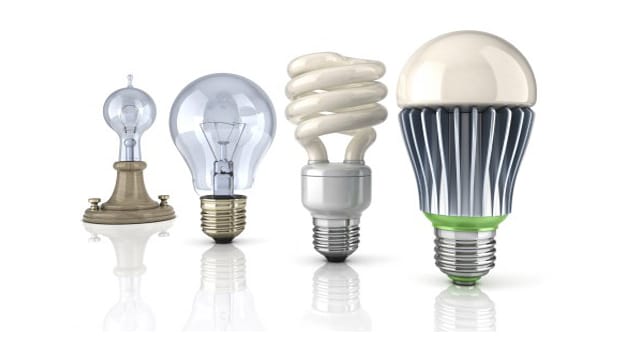How to engage a multi-generational workforce

For the first time in history, humankind is poised to have five generations of employees working shoulder to shoulder at workplaces. Of these five generations, millennials are the ones who will comprise the clear majority of the workforce, in the times to come. With projections of Millennials constituting 50 percent of the world’s population by 2020, it is no longer desirable, but imperative for organizations to brainstorm on some effective methods to integrate millennials with the Baby Boomers and Gen X-ers, at work.
The due diligence needed before kick starting any such intervention, however, is to understand what exactly do the millennials want, and how that is different from what the other generations have wanted. As per the popular discourse and literature on the matter, some of the common expectations that the millennials seem to have at work are faster growth, instant feedback, and unhindered professional advancement. However, that may not be starkly different from what the previous generations have wanted, at the same stage, in their careers.
For instance, it is a myth that millennials are more likely to switch jobs early on than their predecessors. In fact, the statistics show the first year churn rate to be 61 per cent for millennials, as compared to 63 percent for Generation X, and 56 percent of Baby Boomers; illustrating that the Gen X-ers and Baby Boomers were pretty similar with their approach towards job-hopping, at the dawn of their careers. One of the answers, therefore, lies not in treating the newer generation differently, but in finding the best job fit for them, thereby resulting in a lower turnover.
If there is one characteristic that truly distinguishes millennials from the older generations, though; it is the understanding of, and alignment with modern technology. Having grown up in a world where technology pervades every aspect of life, the current lot is naturally equipped to leverage it effectively, and also to adapt to its ever-evolving nature. Consequently, we have a generation which
(a) Is constantly online,
(b) Wants the flexibility to define their working hours and location, and
(c) Doesn’t look at work as a job, but as an interconnected set of tasks and projects.
To engage such multi-generational workforces wherein millennials constitute a majority; organizations in general, and HR, in particular, will need to:-
Enable all-time support systems
If the workforce is always online, then the back-end support will also need to be always connected, and be available 24x7, for a definitive employee experience.
Provide the right mentorship
Rather than monitoring them, leaders need to shift to mentoring and empowering young employees. To do that, they must empower the managers too, so that they can guide their reportees in the right direction.
Embrace new designs
The HR team needs to be proactive in their use of design thinking for employee engagement; be it for a virtual onboarding plan, or virtual teams.
Establish new metrics for new working styles
Given that many of the millennials seek flexibility and autonomy with their work (temporary/project-based/freelance work), it becomes necessary for HR to redesign and re-calibrate the performance metrics accordingly. This is the time when HR must collaborate with the business heads and come to an organizationally acceptable consensus regarding the metrics.
Fine-tune your people analytics capability
Build muscle internally to imbibe a data-minded approach for every process, so as to derive unique insights for different employees, and then deliver customized experiences to them accordingly. This again hinges on keeping abreast of the latest technologies being introduced in the marketplace and being able to use the most suitable ones to your advantage.
Leading a multigenerational workplace would not only require a cultural transformation but would also necessitate an internal re-skilling drive, for the team that is going to implement it. To remain relevant and impactful in their respective organizations, HR professionals believe that they will need to strengthen some critical competencies like business acumen, organizational leadership, relationship management and communications, in the next ten years.
This article includes insights from an Infor webinar on the same topic








